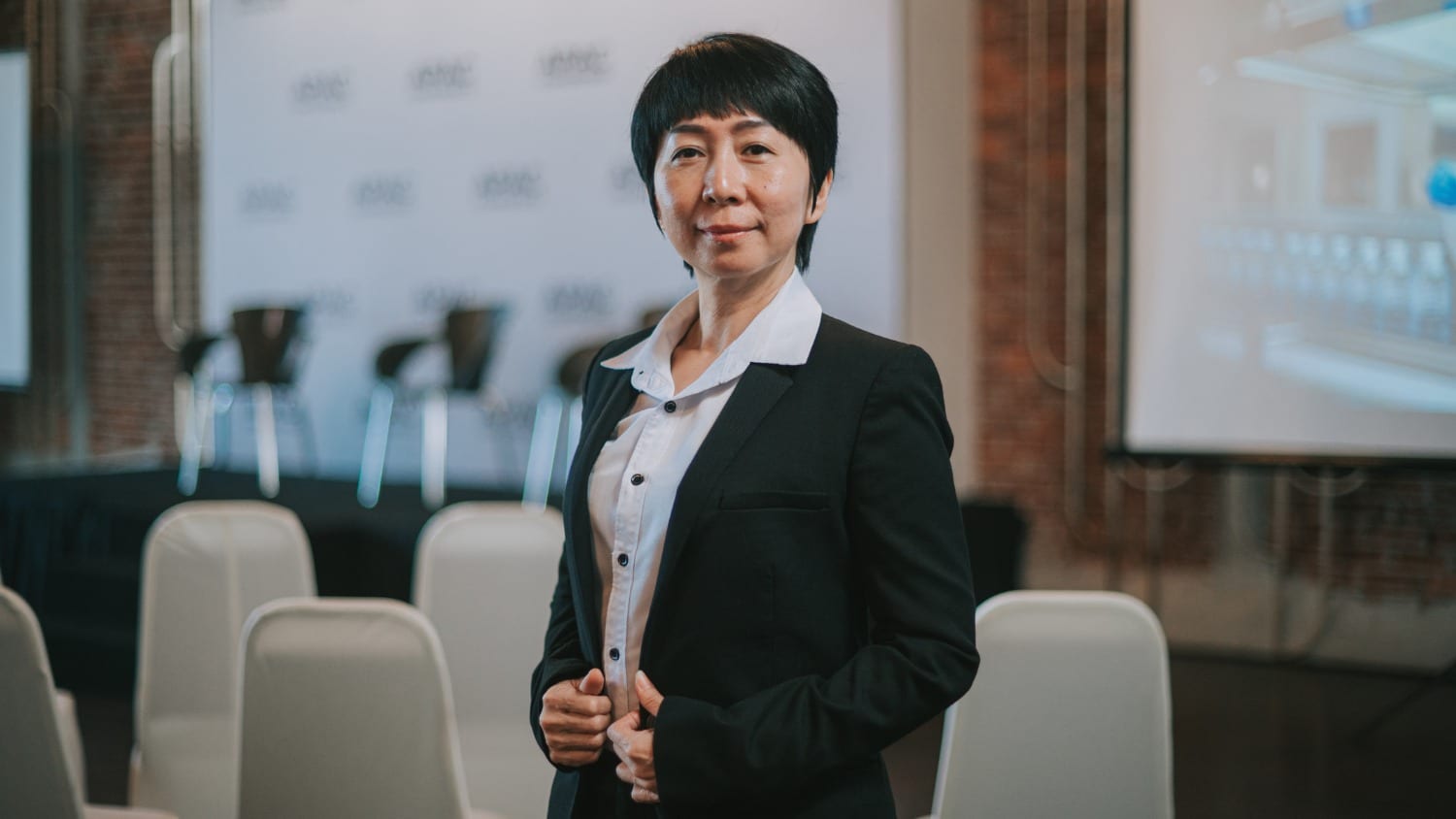Cutting Ties with People-Pleasing
How often have you sacrificed your well-being by placing other people’s desires, wants and needs above your own?
If you can relate, you are not alone.
According a 2022 YouGov survey, 49% of Americans self-identify as people-pleasers. That same survey concluded that 56% of women identify as people-pleasers whereas men were in the low 40 percentile.
The fact that more women are prone to people-pleasing should not be surprising to any of us over 60. Most women of our generation were raised and educated to be people-pleasers, even if we never heard that term until much later in life.
How does being a people-pleaser affect your well-being after 60?
More than you may realize.
There are many effective ways to cutting ties with people-pleasing. But first, you must be consciously aware of what is at the root of it. Otherwise, any effort to cut those ties will be akin to cutting weeds without pulling them out at the root.
This is the second of a six-part series titled, “5 Simple Steps to Being What It Is We Seek.” In this article and the accompanying video, I am going share with you what is behind people-pleasing and the #1 solution to cutting ties with it.
The Cost of People-Pleasing
At our core, human beings are loving and kind. Despite the chaos of our world, very few people want to see others suffer. This is especially true for those we have close relationships with.
It goes without saying that there is nothing wrong with wanting to make people in your life happy.
But like anything, when the desire to please others is out of balance with your own well-being, you cut yourself off from having your own desires fulfilled.
In a 2022 article on people-pleasing for The Washington Post, psychotherapist Amy Morin was quoted as saying:
“Trying too hard to make other people happy can come at a cost. For example, if you spend all day worrying about everyone else’s problems, you may not have enough mental energy left to focus on achieving your goals.”
From feeling unloved, unsupported, unworthy, and underappreciated to your emotional, mental, and physical well-being compromised, the cost of people-pleasing is steep.
With the hazards of people-pleasing clear, why is it difficult to cut ties with it?
The Root of People-Pleasing
At the root of people-pleasing is an unconscious feeling of unworthiness to have your own desires fulfilled. The origin of this is different for everyone, but there is a common thread for all of us.
According to most psychologists, unhealed trauma is the common denominator for feelings of unworthiness, which leads to people-pleasing.
This can range from fear of abandonment to being raised in an unstable environment. Under these harsh circumstances, the need to pacify one or more authority figures was an unconscious survival tactic.
Whatever the root of people-pleasing may be for you, it establishes a set of beliefs and behaviors to seek love, acceptance, and validation outside of you.
A Disempowered Mindset
We all want and deserve to be loved, valued, acknowledged, and appreciated. But when we unconsciously place our sense of well-being on the whims, opinions, or mood swings of others, we have disengaged from our true, authentic selves.
Unhealed trauma may be the root of people pleasing, but it is not what keeps it going.
What keeps most people stuck in a cycle of permission driven self-worth is a disempowered mindset. This may be the byproduct of unhealed trauma, but the experience of the trauma is long gone.
So, who or what is running the show?
Your inner critic hides the root cause of people-pleasing through limiting beliefs it disguises as being beneficial for you.
One example is how it convinces you that your worthiness, safety, belonging, and fulfillment in life come by way of other people’s permission and approval to feel loved, happy, and fulfilled.
This means your innermost desires take a backseat to getting the desires of others met first. In doing so, your value and worth rests entirely on outside conditions you have no control over.
Accept Who You Are
What is the #1 solution to cutting ties with people-pleasing?
Embodying your worthiness.
How do you go about doing this?
Accept who you are today by loving all of who you are now.
This is about loving and accepting parts of you that people have dismissed. It also includes releasing any regret, guilt, or resentment toward any past versions of yourself who may have sacrificed her well-being to fit in and feel loved.
Although it is wise to seek professional guidance when releasing unhealed trauma, ultimately, the responsibility to do this resides in the one place where all healing takes place and where all desires are fulfilled.
Within you.
That is why going inward through daily practices of self-love and self-care is an essential step to transform a disempowered mindset into an empowered mindset.
In the next article and video of this series for Sixty and Me, we will look at step two of being what it is you seek by focusing on, Embodying Your Worthiness.
In the meantime, join me in the video where I will share additional insights on people-pleasing. To help you integrate what you are learning, I will guide you through three journal prompts.
Let’s Have a Conversation:
Is people-pleasing causing you pain? What’s at the root of your people-pleasing habits? Do you think people-pleasing is different from helping when needed?
Tags Empowerment







This topic is spot on. So helpful and timely. Thank you
Hi, wonderful article! I need some advice. This may not directly relate to the topic, but, I think my problem is relatable. At 64 years old and still in the work force, both financially necessary and also to keep my mind fresh. I work in a healthcare setting and share a small office with a women in her early 30’s. She is full time, I am part-time. She sits directly in front of me. I have a small desk area beyond hers. The last 2 years I have what the article mentioned people pleased, allowed this younger woman to belittle me, undermine me in front of colleagues, so many times, I have been so sad, depressed because I do not know how to cope with this. I’m so confused, because she can be very sweet and helpful. I love my job and because of my age, I don’t want to formally complain for fear of losing my job. Please help.
Watch out as she undermines you to promote herself in front of others. She isn’t sweet actually.
Well said.
Once again you are so spot-on with your insights and practical applications to create real change.
Releasing childhood trauma CPTSD (Childhood Post Traumatic Stress) can be greatly healed through self-guided means. I highly recommend The Crappy Childhood Fairy courses and the Daily Practice (free on you tube) as a starting point.
Many of us have found that talk therapy and medication have not released us from that pain but merely masked it or kept us reliving it every time we speak about it.